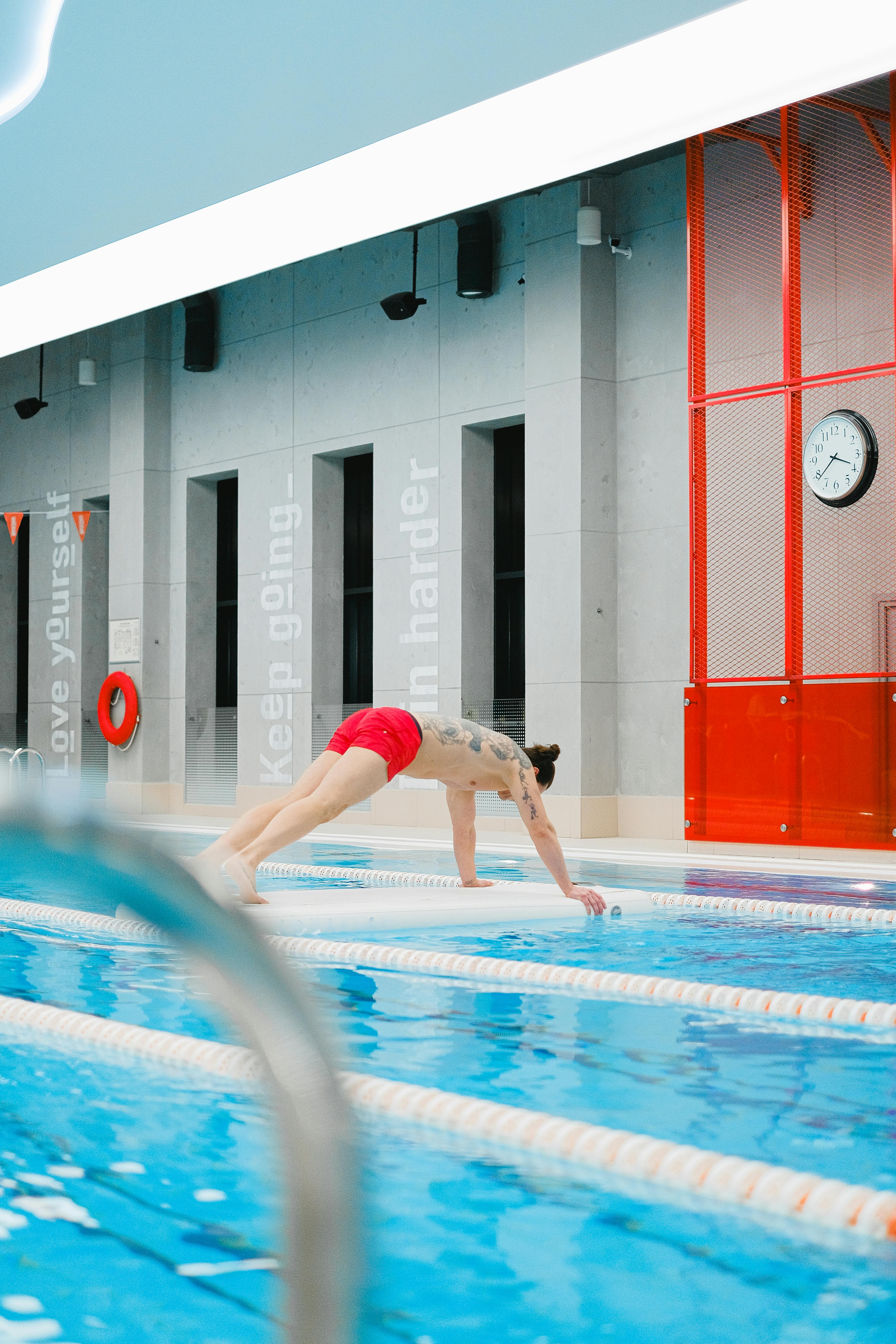Achieve Peak Performance: Dietary Tips for Endurance Athletes
Are you looking to enhance your athletic performance?
If you’re an endurance athlete looking to take your performance to the next level, optimizing your diet can make a significant difference. Proper nutrition plays a crucial role in providing you with the energy and nutrients you need to fuel your workouts, enhance recovery, and ultimately, improve your performance. In this article, we’ll be sharing some key dietary tips tailored specifically for endurance athletes like yourself.

This image is property of images.pexels.com.
Understanding the importance of nutrition for endurance athletes
Proper nutrition is essential for endurance athletes due to the high demands placed on their bodies during prolonged physical activity. Consuming the right balance of macronutrients (carbohydrates, proteins, and fats) and micronutrients (vitamins and minerals) can help you maintain energy levels, support muscle repair and growth, and enhance overall performance. By fueling your body with the right nutrients, you can ensure that you have the stamina and strength to push yourself to your limits and achieve peak performance.
How to calculate your daily caloric needs
Determining your daily caloric needs is the first step in optimizing your diet as an endurance athlete. To calculate the right amount of calories for your training regimen, you need to consider factors such as your age, gender, weight, height, activity level, and training intensity. An easy way to estimate your daily caloric needs is to use an online calculator that takes these factors into account. By knowing how many calories you need to consume each day, you can ensure that you’re fueling your body adequately to support your training and performance goals.

This image is property of images.pexels.com.
The importance of carbohydrates for endurance athletes
Carbohydrates are the primary source of energy for endurance athletes, as they provide the fuel needed to sustain prolonged physical activity. Including an adequate amount of carbohydrates in your diet is crucial for maintaining glycogen stores in your muscles and liver, which are essential for sustained energy levels during long workouts. Complex carbohydrates such as whole grains, fruits, vegetables, and legumes are particularly beneficial for endurance athletes, as they provide a steady source of energy without causing rapid spikes and crashes in blood sugar levels.
Protein needs for muscle repair and recovery
Protein plays a crucial role in muscle repair and recovery for endurance athletes, as the repetitive nature of endurance training can lead to muscle breakdown. Including an adequate amount of protein in your diet can help support muscle growth, repair damaged tissues, and prevent muscle loss. Aim to consume high-quality protein sources such as lean meats, poultry, fish, eggs, dairy products, legumes, nuts, and seeds to meet your daily protein needs. Consuming protein-rich foods within 30 minutes to an hour after a workout can also help facilitate muscle recovery and repair.

This image is property of images.pexels.com.
The role of fats in endurance performance
While carbohydrates are the primary fuel source for endurance athletes, fats also play a critical role in supporting energy production during long, low-intensity workouts. Including healthy fats in your diet can help provide a supplementary source of energy and enhance endurance performance. Focus on incorporating unsaturated fats from sources such as avocados, nuts, seeds, and olive oil into your meals to support overall health and performance. Limiting saturated and trans fats from processed and fried foods is also essential to maintain cardiovascular health and optimize athletic performance.
Hydration for optimal performance
Proper hydration is essential for endurance athletes to maintain performance, prevent dehydration, and support recovery. Adequate fluid intake before, during, and after workouts is crucial to replace fluids lost through sweat and maintain electrolyte balance. Aim to drink water consistently throughout the day and monitor your urine color to ensure that you’re adequately hydrated. For longer workouts lasting more than an hour, consider incorporating sports drinks or electrolyte-enhanced beverages to replenish lost fluids and essential nutrients.
Timing your meals and snacks for peak performance
Eating strategically before, during, and after workouts can help optimize your performance as an endurance athlete. Prioritize consuming a balanced meal containing carbohydrates, protein, and fats 2-3 hours before a workout to provide your body with sustained energy. During long workouts or races, aim to consume easily digestible snacks such as energy gels, bars, or sports drinks to maintain energy levels and prevent fatigue. After a workout, focus on replenishing your glycogen stores by consuming a post-workout meal rich in carbohydrates and protein within 30-60 minutes to support muscle recovery and repair.
Key nutrients for endurance athletes
In addition to macronutrients, endurance athletes need to pay attention to their intake of key micronutrients that play essential roles in performance and recovery. Some important nutrients to prioritize in your diet include:
- Iron: Important for oxygen transport in the blood and preventing fatigue
- Calcium: Essential for bone health and muscle function
- Vitamin D: Supports bone health, immune function, and muscle strength
- Magnesium: Helps with energy production, muscle contraction, and recovery
- Omega-3 fatty acids: Have anti-inflammatory properties and support cardiovascular health
- Antioxidants: Help reduce oxidative stress and inflammation in the body
Including a variety of nutrient-dense foods such as leafy greens, berries, nuts, seeds, whole grains, and dairy products in your diet can help you meet your micronutrient needs and support overall health and performance.
Meal planning and preparation for success
To ensure that you’re meeting your nutritional needs as an endurance athlete, meal planning and preparation are key components of your success. Taking the time to plan out balanced meals and snacks for the week can help you stay on track with your dietary goals and avoid making impulsive food choices. Consider batch cooking meals in advance, packing portable snacks for on-the-go fueling, and having a stock of healthy options readily available for post-workout recovery. By establishing a meal routine that aligns with your training schedule, you can maximize your energy levels, recovery, and performance as an endurance athlete.
Optimizing your diet for peak performance
In conclusion, optimizing your diet as an endurance athlete is essential for achieving peak performance and sustaining your energy levels during prolonged physical activity. By focusing on consuming a well-rounded diet rich in carbohydrates, protein, fats, and key nutrients, you can provide your body with the fuel and nutrients it needs to support your training, recovery, and performance goals. Remember to stay hydrated, time your meals and snacks strategically, and prioritize meal planning and preparation to set yourself up for success. With the right dietary tips and practices in place, you can take your athletic performance to new heights and reach your full potential as an endurance athlete.